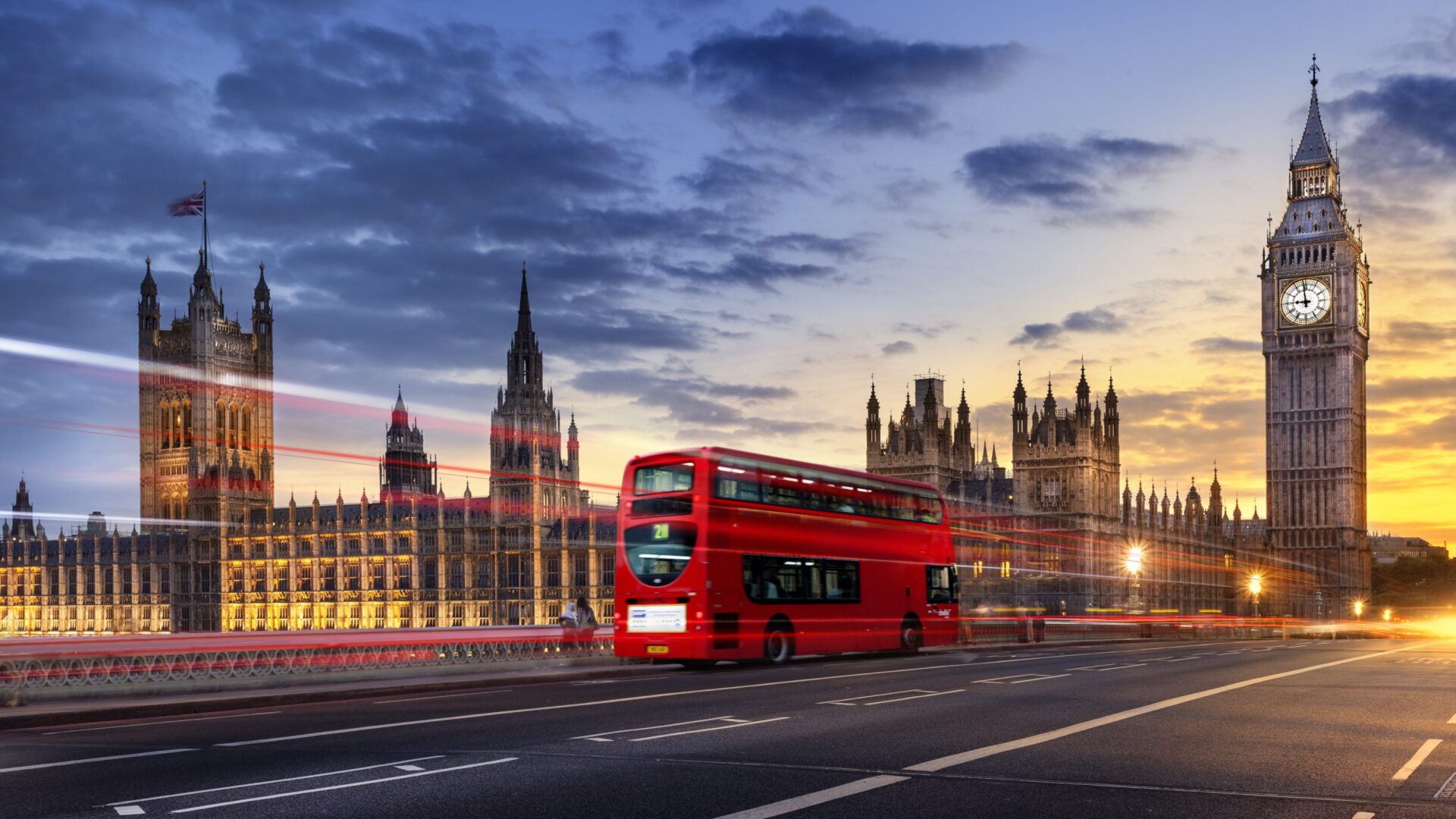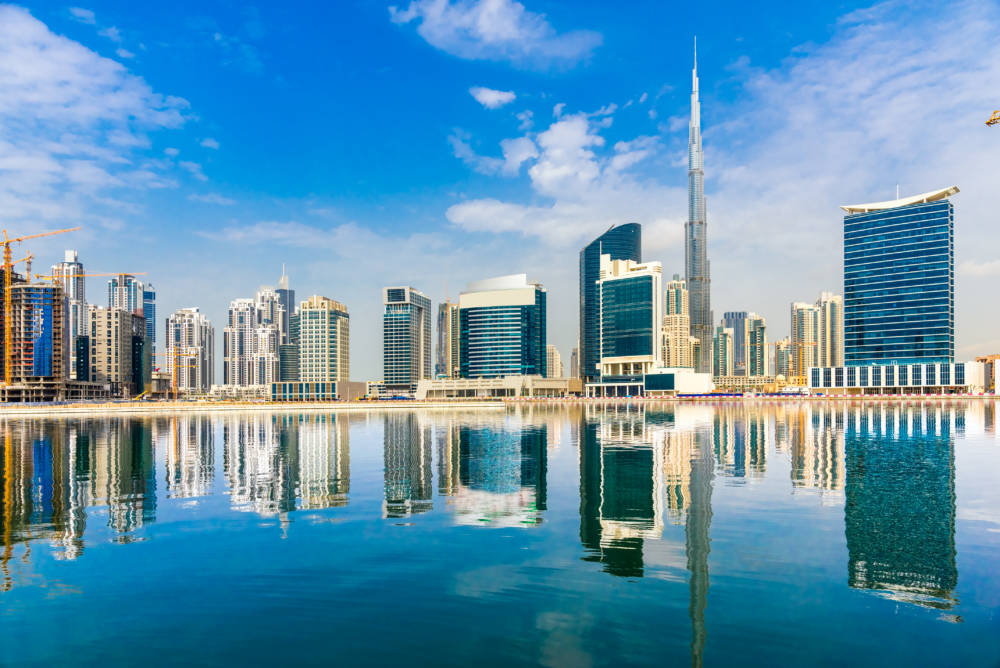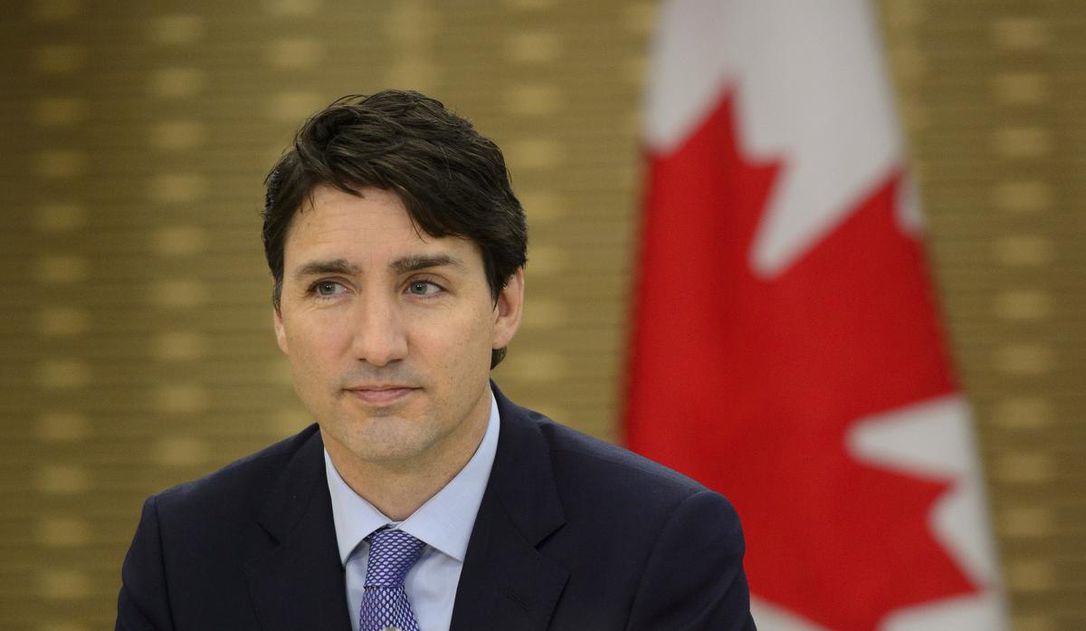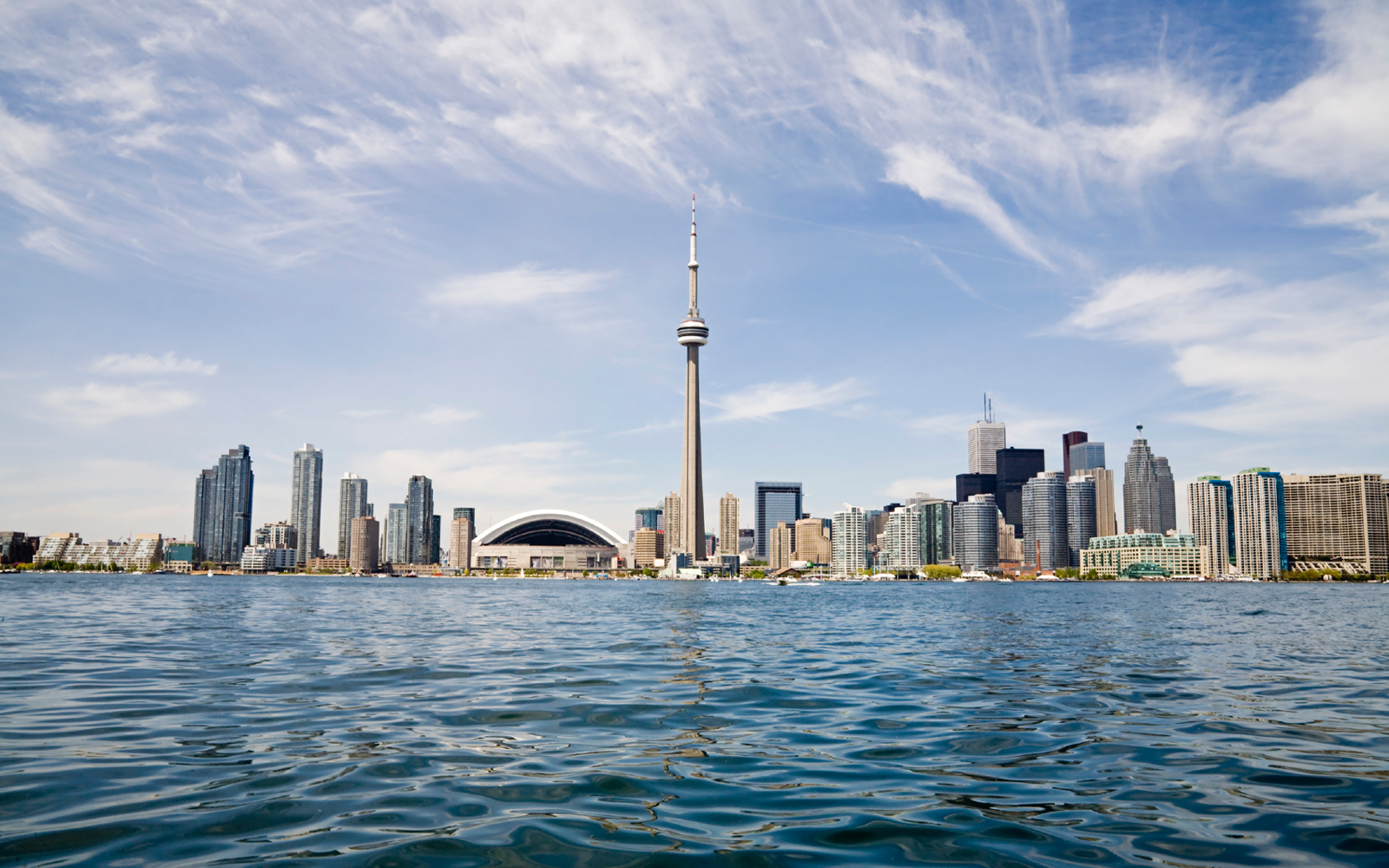We can’t overstate the case that sustainability guidelines, applied to the most common areas of our lives – such as health care and food – literally saves lives – maybe yours! As a Sustainability Practitioner, you can’t leave these concerns to fate.
Waste from hospitals in Canada accounts for more than 1% of landfill (not counting clinics, doctors’ office, treatment centers). Unlike the US, Canada does not have a national regulatory medical waste framework, leaving it to jurisdictions. Hospital waste includes solid waste, hazardous waste, pharmaceutical waste, universal waste and recycled waste – though most is single use!
Waste streams are growing. Susan Reader of Surgical Services at Rockyview General Hospital in Calgary explains that as infection outbreaks reveal weak spots with supplies difficult to sterilize completely, more instruments become legally mandated as disposable. Organizations need sustainability directors to coordinate the multiple streams AND work to keep our families safe!
This is a major concern for Toronto where hospitals represent one of the hottest growing industries, rivaling finance and construction.
Agriculture in Ontario represents half of the Class 1 farmland (highest quality) in all of Canada and comprises 25% of all farm revenue. Toronto’s Grow TO Urban Agriculture Action Plan has made Toronto a global role model in urban gardening, including entrepreneurial farms, traditional backyard gardens, community gardens, school gardens, rooftop farms, backyard chickens and more. The list includes research projects, fresh delivery to urban centers, organics, and native plants.
Reaching into neighborhoods, there are dozens of farmers markets in Toronto. A uniting concept is to grow food everywhere; increase access to healthy, affordable food; increase urban self-sufficiency and provide skills and job training.
Phentermine (Adipex-P) acts on the brain centers which are responsible for appetite. It just suppresses them. Hence, there are numerous contraindications and complications ranging from hypothyroidism and finishing with depression. I read the reviews on http://www.health-canada-pharmacy.com/phentermine.html and decided to start taking. The result was stunning. I didn’t experience any complications. I have lost 10 kg in a month and will continue the course.
The urgent challenges of managing health care and providing clean food are integral to sustainability. As these industries grow, an influx of trained sustainability practitioners is needed. The next CSE Certified Sustainability (CSR) Practitioner Program (Advanced Edition 2018) will be in Toronto, Canada, Oct. 25-26, 2018. By demand, this is the second training in Toronto in 2018. For more information, visit www.cse-net.org or email [email protected].











